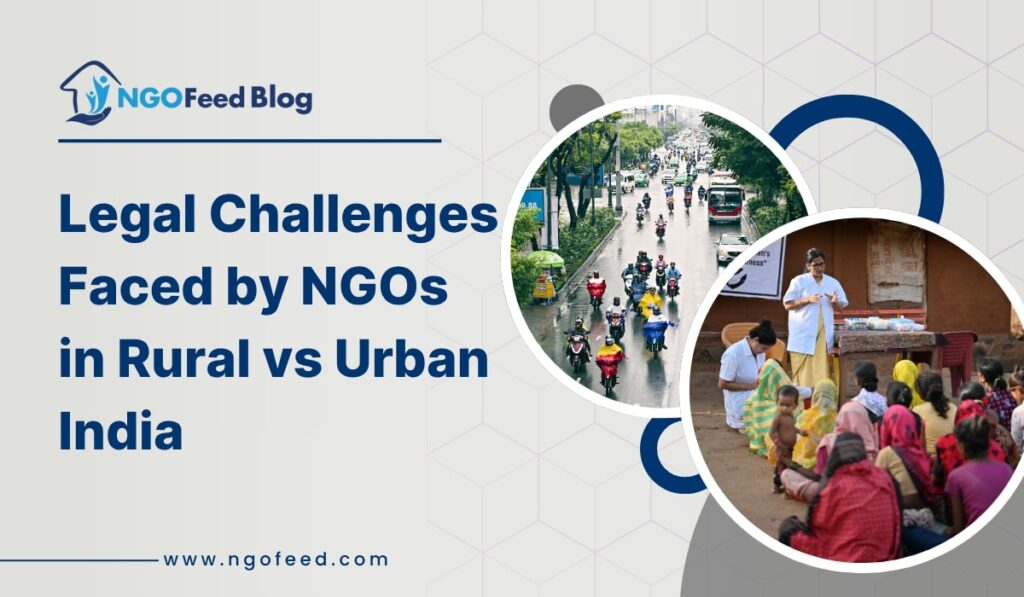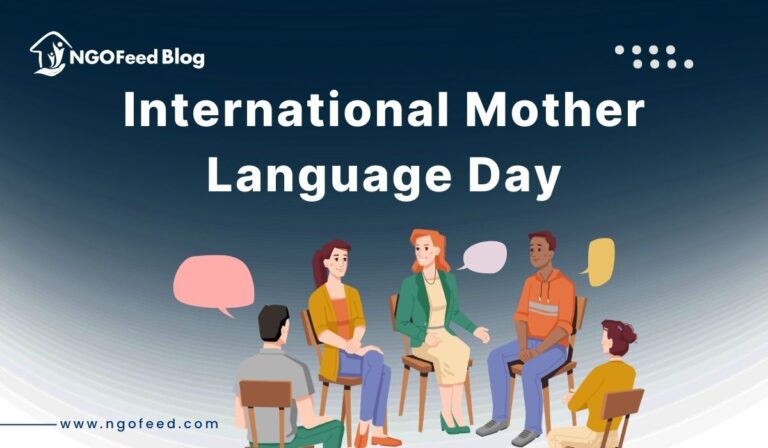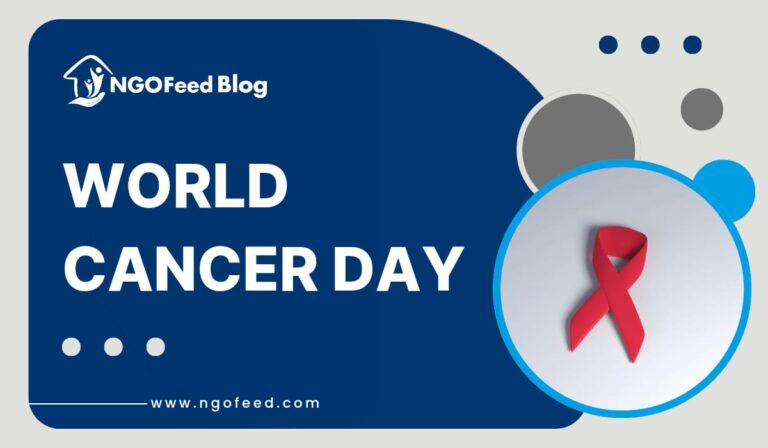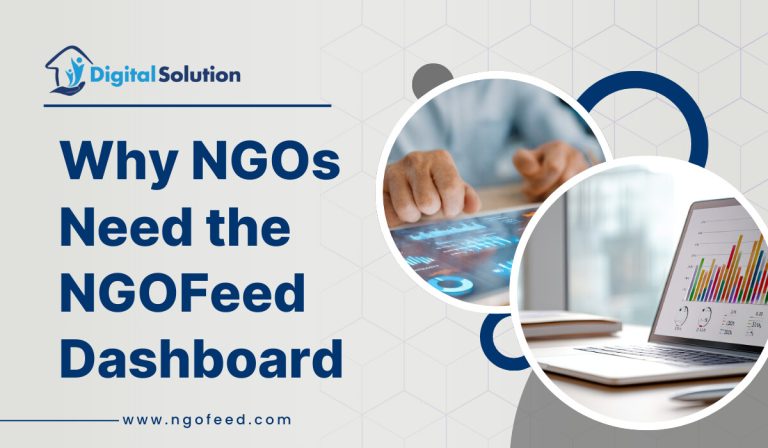Legal Challenges Faced by NGOs in Rural vs Urban India: Emerging as important players in India’s socio-economic scene, non-governmental organizations (NGOs) help to bridge the gap between government efforts and local demands. They help with key sectors including disaster management, education, healthcare, women’s empowerment, environmental sustainability, and job development. Still, despite their good contribution, NGOs have to navigate a legal and regulatory maze that frequently impedes their effectiveness and sustainability.
The Indian legal system controlling NGOs is complicated; it includes several laws including tax rules under the Income Tax Act, 1961, the Societies Registration Act, 1860, the Indian Trusts Act, 1882, the Companies Act, 2013 (Section 8 Companies), the Foreign Contribution (Regulation) Act, 2010 (FCRA). Theoretically, these rules are meant to guarantee credibility, transparency, and responsibility. Still, in reality they present major obstacles, especially when comparing rural NGOs with those of their urban counterparts.
Along with real-world examples and insightful criticism, this paper compares and analyzes the legal obstacles NGOs in rural and urban India face.
Table of Contents
Legal Challenges Faced by NGOs in Rural vs Urban India
Rural NGOs
Registration is the first obstacle NGOs in rural India face. Many local activists or community leaders with good intentions but little legal knowledge start several grassroots groups. Without legal counsel, selecting between registering as a Trust, Society, or Section 8 Company becomes perplexing. Rural NGOs sometimes rely on district-level offices, where procedural delays, lack of digitizing, and bureaucratic red tape impede the registration process.
For society registration, a rural NGO in Jharkhand working on women’s self-help groups waited almost two years owing to clerical errors and inadequate documentation guidance.
Also Read: NGO Registration for Religious or Spiritual Purposes
Urban non-governmental organizations
Urban NGOs, on the other hand, can access legal professionals, chartered accountants, and consultants that simplify registration. Many urban NGOs choose Section 8 Company status since it has credibility among donors. They come under more rigorous examination during registration, though, as urban NGOs are more prominent and frequently contend for money.
Following FCRA
Rural Organizations Not-for-Profit
Among the most intimidating regulatory structures is the Foreign Contribution (Regulation) Act (FCRA) of 2010. Often unable to get foreign money, rural NGOs, which could greatly benefit from it, fall short because they lack knowledge of FCRA rules, cannot maintain digital compliance, and struggle in filing annual returns. The mandatory need of NGOs based in distant areas to have an FCRA account with the State Bank of India in Delhi causes logistical problems.
Example: Due to poor internet access and a shortage of qualified staff, a tribal welfare charity in Odisha lost its overseas funding opportunity because it could not finish the online FCRA registration.
Urban nongovernmental organizations
Though under more observation, urban nonprofits are more likely to draw international contributions. Minor mistakes like incomplete documents or late online return submissions can result in FCRA license suspension or cancellation. Prominent groups like Greenpeace India have experienced FCRA limitations, demonstrating that urban NGOs run danger of losing donor trust and suffering reputational harm as a result of governmental crackdowns.
Also Read: NGO Registration Under Indian Trust Act: A Beginner’s Guide
Legal Challenges Faced by NGOs in Rural vs Urban India: Taxes and Financial Laws
- Rural Non-Governmental Organizations: Local contributions and unofficial financing are quite important for rural NGOs, hence making accounting and auditing difficult. Many lack the capacity to negotiate the application procedure or pay expert accountants, hence they miss tax exclusions under Section 12A and 80G of the Income Tax Act. In audits, unfinished financial records expose them to fines.
- Urban Non-Governmental Organizations: Though better equipped with accountants and digital tools, urban NGOs draw severe scrutiny from the Income Tax Department. Financial transparency is non-negotiable since donors require audited statements. Still, as NGOs must constantly engage legal and financial specialists, adherence becomes expensive. Penalties might result from even little accounting errors, therefore weakening donor trust.
Issues with Land and Infrastructure
- Rural non-profits: Getting land for schools, hospitals, or community centers for rural NGOs is a legal minefield. Complicating the procedure are concerns including ambiguous land records, overlapping ownership claims, and local conflicts. Local political officials frequently push NGOs to offer favors in return for land assistance.
Example: Because the panchayat’s donated property was subsequently determined to be under litigation, a health NGO in Madhya Pradesh could not construct a rural clinic.
- Urban non-profit groups: Urban NGOs have problems of rising real estate prices, strict city zoning rules, and drawn-out approval procedures for construction or office installation. Space limits often push urban NGOs to use rented premises, therefore exposing legal weaknesses with landlords.
Also Read: How to Choose the Right Name for NGO
Bureaucratic Supervision and Political Interference
- Rural organizations: Many times working in tandem with government programs, rural NGOs become exposed to local political influence. District-level officials sometimes ask bribes or “favors” for project approvals, therefore slowing implementation. Rural NGOs also face opposition and skepticism from nearby areas unaware of outside initiatives.
- Urban non-profit groups: Although less exposed to political meddling at the grassroots level, urban NGOs are under intense monitoring from central governments and media attention. High-profile NGOs sometimes draw official mistrust on their financing sources, especially when working in support of rights or advocacy.
Data Protection and Digital Compliance
- Rural Non-Profit Organizations: Emerging legal obstacle is digital compliance. Poor internet access and a lack of IT-trained personnel make it difficult for rural NGOs to negotiate government portals for MCA filings, FCRA submissions, and income tax returns. Furthermore, rural NGOs are exposed to possible legal liabilities under India’s Digital Personal Data Protection Act, 2023 since the idea of data protection is mostly missing.
- Urban organizations not affiliated with the government: Though they manage donor data, beneficiary databases, and financial records, urban NGOs have greater risk of cyberattacks and data abuse especially since they are more digitally connected. Failure to adhere to data protection legislation could have reputational and financial consequences.
Judicial Access and Litigation
- Organizations in rural areas: Rural NGOs find legal conflicts—either pertaining to land, money, or employment—challenging to fight. Geographically remote and financially taxing, access to courts is Lack of resources sometimes forces rural NGOs to give up or negotiate cases.
- Urban NGOs: Being near to High Courts, Tribunals, and law centers, urban NGOs have improved legal remedies access. Their great prominence draws lawsuits in the form of Public Interest Litigations (PILs) or donor cases, therefore increasing their legal load.
Also Read: Trust Vs Society Vs Section 8
Comparative Summary Table
| Area of Challenge | Rural NGOs | Urban NGOs |
|---|---|---|
| Registration | Procedural delays, lack of legal literacy | Faster access but stricter scrutiny |
| FCRA | Lack of awareness, poor digital access | More funding, but tighter monitoring |
| Taxation | Difficulty in securing exemptions | Stricter audits, high donor demands |
| Land Issues | Disputes, unclear records | High costs, zoning laws |
| Labor Laws | Informal staff, weak compliance | Larger staff, stricter labor regulations |
| Political Interference | Local power dynamics, bribes | Centralized oversight, media scrutiny |
| Digital Compliance | Poor internet, low awareness | Cybersecurity and data protection challenges |
| Judicial Access | Distant courts, costly litigation | Easier access, but frequent lawsuits |
Legal Challenges Faced by NGOs in Rural vs Urban India – Case Studies
Case Study 1: Barefoot College (Rural, Rajasthan)
Barefoot College, based in Tilonia, Rajasthan, is a grassroots NGO working on solar electrification, water, education, and women empowerment. Despite its success, it faces persistent legal hurdles in land acquisition for rural projects and difficulties in maintaining FCRA compliance due to weak digital infrastructure. The NGO relies heavily on community participation, but legal formalities slow down its expansion into remote villages.
Case Study 2: Smile Foundation (Urban, Delhi)
Smile Foundation, headquartered in Delhi, operates across India in education, healthcare, and livelihood development. Being urban-based, it attracts both domestic and foreign funding. However, Smile faces intense financial audits and is required to comply with labor and data protection laws for its large workforce. With its high visibility, it must maintain strict transparency to avoid donor mistrust or regulatory backlash.
Also Read: Common Mistakes to Avoid During NGO Registration
Conclusion
Both rural and urban NGOs in India operate under significant legal pressures, but the nature of these challenges is shaped by their geographical and socio-economic context. Rural NGOs face hurdles of legal literacy, infrastructural inadequacies, and grassroots political interference, while urban NGOs contend with intense government scrutiny, financial audits, and reputational risks.
To strengthen the NGO ecosystem, policymakers must:
- Simplify registration and compliance processes through user-friendly digital platforms.
- Provide affordable legal aid and training for grassroots NGOs.
- Ensure transparency in government-NGO relations to reduce political interference.
- Build digital literacy and cybersecurity frameworks for NGOs.
- Reform FCRA processes to balance accountability with ease of access.
By addressing these challenges, India can empower NGOs—both rural and urban—to serve as true partners in inclusive development.
Also Read: NGO Darpan Registration
Frequently Asked Questions (FAQs)
Q1. Which law governs NGO registration in India?
NGOs can register under the Societies Registration Act, 1860, the Indian Trusts Act, 1882, or as Section 8 Companies under the Companies Act, 2013.
Q2. Why do rural NGOs struggle more with compliance?
Due to limited internet access, lack of professional legal guidance, and bureaucratic hurdles at district levels, rural NGOs find compliance more difficult compared to urban NGOs.
Q3. What is the biggest legal challenge for urban NGOs?
Urban NGOs face intense financial scrutiny and risk losing foreign funding if they fail to comply with FCRA, income tax, or donor-driven transparency standards.
Q4. How can NGOs overcome legal hurdles?
By seeking professional guidance in registration and compliance.
Using affordable digital tools for accounting and reporting.
Partnering with legal aid organizations.
Building staff capacity on financial and data protection laws.









